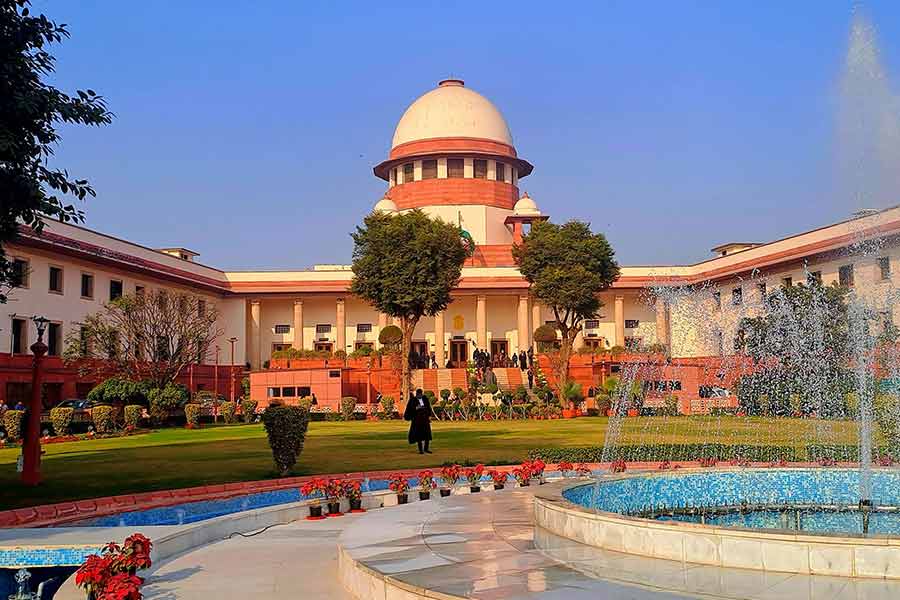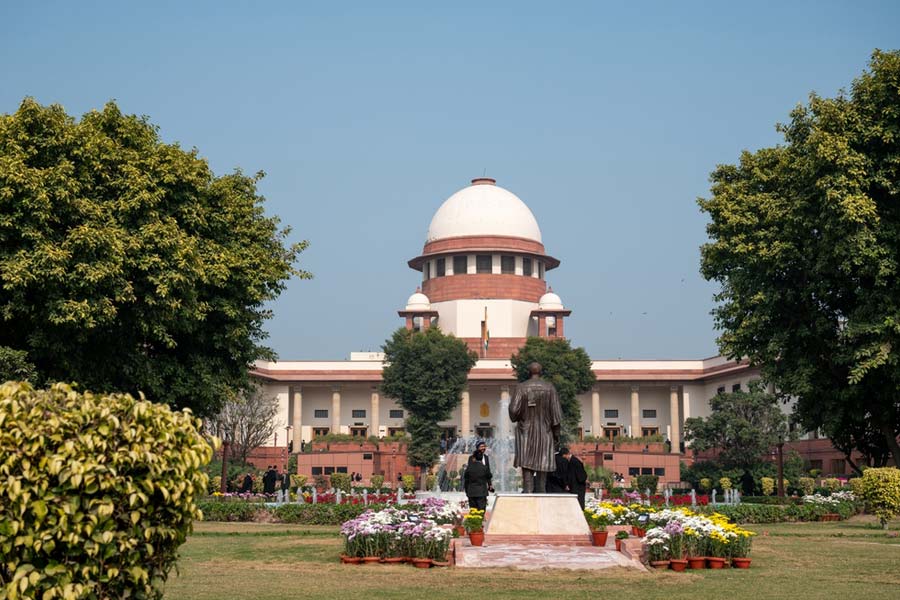Book: A World of Insecurity:Democratic Disenchantment In Rich and Poor Countries
Author: Pranab Bardhan
Publisher: Harvard
Price: $27.95
In 2021, the V-Dem Institute at the University of Gothenburg presented an analysis of the democratic environment almost all over the world. Pranab Bardhan begins his new book with its findings, which could be placed somewhere between alarm and hopelessness. Sixty-eight per cent of the global population right now is under autocratic rule and only 14 per cent can be said to be governed by liberal democracies. Many of these autocracies — quite paradoxically described as electoral autocracies — exist in big countries with larger shares of the global population, namely Brazil, India, Turkey and the United States of America.
There is a common pattern to the shrinking of democratic spaces in these countries. They all evince curbing of the freedom of expression and the right to protest, attacks on intellectual and civil society institutions, a desire to control the media, and the deterioration of electoral transparency. One may add to this mix the rising tide of social media affronts and trolling. All in all, there is a climate of disenchantment with liberal democracy across countries, population groups and political organisations.
Bardhan’s contribution to a growing body of literature on the phenomenon of disenchantment is particularly welcome as it not only contains piercing commentaries and fresh insights but also offers some workable solutions to this conundrum. The first step towards mitigating the challenges faced by liberal democracy is to acknowledge that the root cause of this crisis is not merely economic disparity, as many commentators have been arguing for a while. Bardhan introduces the concept of ‘insecurity’ along with inequality which can take many forms and attract large groups of people across classes and communities.
The sense of insecurity may spring from anxieties of losing jobs to immigrants, but soon gets substantiated by xenophobia on the grounds of cultural difference and resistance to assimilation. The politics that fans this sentiment is populist or anti-elite in the sense that it targets the cultural elite instead of the economic elite. A case in point is, of course, Donald Trump’s resounding popularity among the working class in the US.
Inequality and insecurity, therefore, are two sides of the same coin, which is being constantly tossed by the powers that be for more authoritarian control. There is also a tendency among the leaders who champion anti-liberal ideologies to weaken the very institutions using which they have come to power. Bardhan wants to resuscitate the “old idea of social democracy” to propose a way out. Social democracy, in his version, is an ideological balancing act whereby no social value or sentiment gets more weightage than the others. This is a tall task, considering that it will also need to resolve the perennial tension among the ideals of classical liberalism — liberty, equality and fraternity — where one virtue always tends to come in the way of the other in attaining a better society.
But more than that, there is a looming issue of the compatibility between social democracy and market capitalism. Although capitalism has proved to be a more efficient and, at times, more egalitarian economic system, its competitive streak needs to be kept in check for maintaining economic security.
For longer than a decade, Bardhan has been an advocate of universal basic income, which, funded by progressive taxation, can do wonders in alleviating poverty and allaying the insecurities that give rise to communal strife. But universal basic income is not the only solution that Bardhan has in mind. In the latter part of the book, he presents a plethora of recommendations, including the creation of “green jobs”, investments in public research, decentralisation of governance, building trust in the institutions by fighting inherent corruption, and international coordination on global issues like health and environment. After finishing the book, one may feel some relief at seeing a glimmer of hope at the end of a long, dark tunnel. However, some questions do arise regarding the logistics of these recommendations.
As admitted in the beginning of the book, many of the erstwhile social democracies have abandoned their earlier visions and taken the path of populist politics. How far will these nations be willing to adopt some of these policies, which would require the restoration of democratic institutions and the reinstatement of intellectual and political goodwill? This is a classic chicken-and-egg problem where one is confused about what comes first — the establishment of social democracies or the introduction of policies through which they can be established. Meanwhile, the insecurities seem to mount every day and the disenchantment becomes even more durable.
The book hands us a great opportunity to bridge the widening gap between intellectual rigour and popular opinion. Now it is our turn to pay attention and translate it into action.











